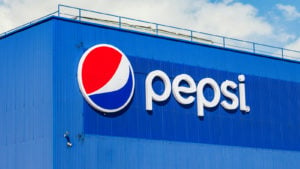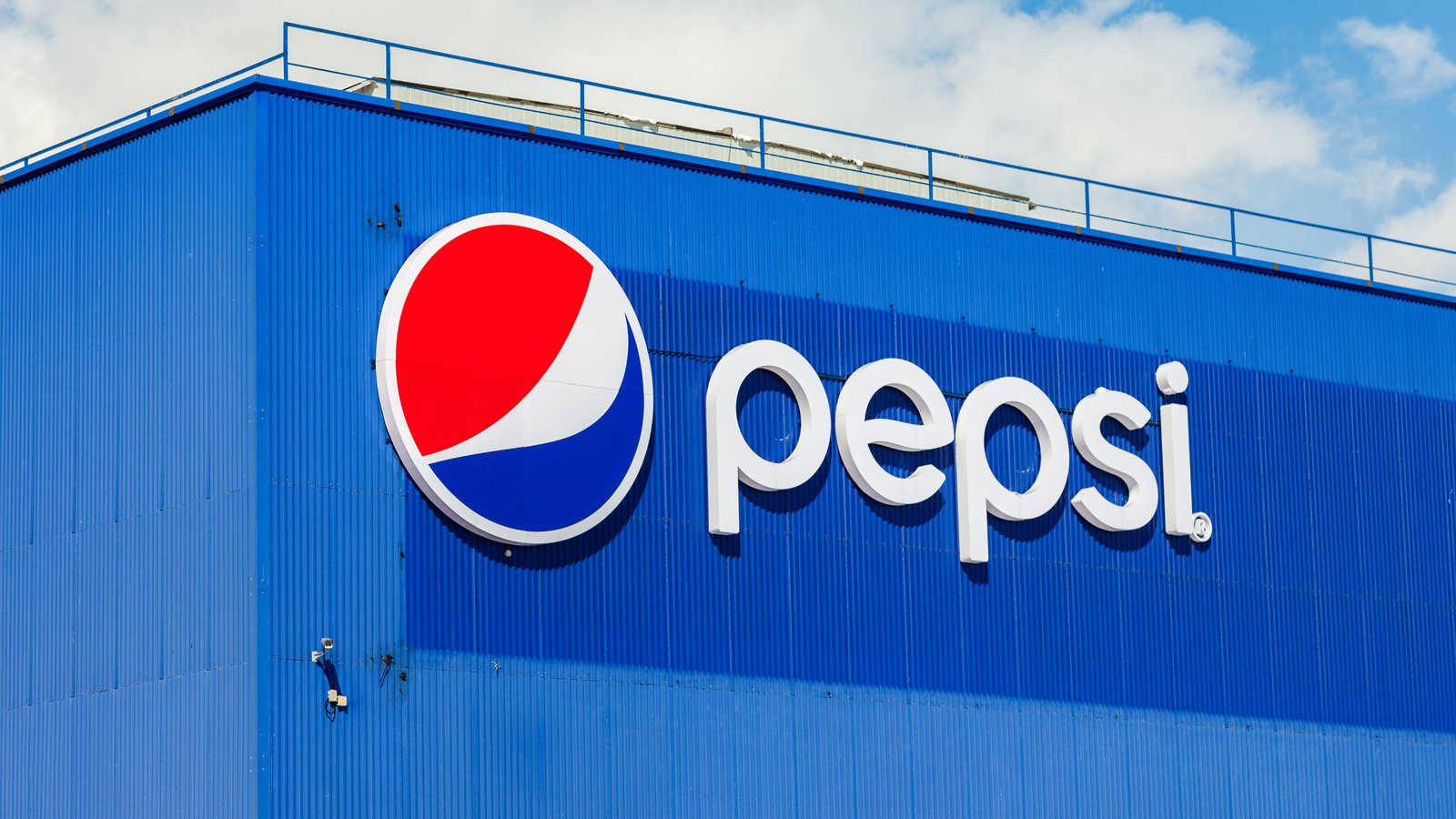Prior to the market selloff 2.0 on June 11, PepsiCo (NASDAQ:PEP) was having a tough time getting investors excited. Now that the market appears to be turning over again, PEP stock is flatter than a can of soda that has been left open for a day. But I expect the story for the company to get better once investors get time to catch their breath.

Yesterday, the Dow Jones Industrial Average was down nearly 1,800 points in late day trading. The market’s fear index has climbed over 50%. If the market is forward looking, then investors are beginning to price in what will be in all likelihood disastrous quarterly earnings.
PepsiCo Is a Defensive Stock
The market may also be starting to price in increasing concerns about a growing second wave of the novel coronavirus. And although I tend to believe that a mass lockdown is not in the plans, there is reason to believe that the economic recovery may begin to slow down. And that means hopes of a short-lived recession are probably a pipe dream.
But that may bode well for PEP stock. Or at least less bad. Soft drinks tend to hold up well during economic downturns. InvestorPlace contributor Josh Enomoto commented on the company’s ability to provide consumers with a pick-me-up during difficult times. I can’t argue with that premise, but I think the answer comes down to dollars and cents.
Simply put, soft drinks can be less expensive. And for all of our professions of healthy eating, many consumers will place a priority on items that won’t damage their budget. Grocery prices have gone up. But in good times and bad, the food that is least healthy for us will always be attractively priced.
A Recession Will Shrink Already Tight Margins
This doesn’t mean PepsiCo won’t be affected at all. Soft drinks have notoriously thin margins. The fight for shelf space is intense. And Mercer Capital observed that while consumers may continue to buy soft drinks throughout a recession, they are likely to buy them at grocery stores rather than convenience stores or other impulse locations where the prices (and profit margins) are higher.
This would seem to support a bearish article about PEP stock that appeared in Seeking Alpha. Based on an analysis of the company’s 10-Q statements, the author points out that the soft-drink category is producing the most revenue, but is not contributing very much to overall profits. The article goes on to mention that this is not a one-time occurrence. PepsiCo has been struggling with flat operating profits in the face of modestly increasing revenues.
Will PepsiCo Get a Jolt From the Rockstar Brand?
In March, PepsiCo announced that it was acquiring Rockstar Energy Beverages for $3.85 billion. The deal isn’t that surprising because the two companies had been partnering for a decade. But the addition of Rockstar to go along with the company’s agreement to distribute their Bang energy drinks in the United States could provide another source of revenue.
What’s Next for PEP Stock?
PepsiCo reports second-quarter earnings in mid-July. Like many companies, the company withdrew its full-year financial outlook for 2020. That makes revised guidance a point of intense interest for analysts.
The earnings report should also provide some additional early results for two new initiatives from its Frito-Lay business. PantryShop.com and Snacks.com launched in May to capture the stay-at-home, e-commerce demand. Since Frito-Lay is providing about 25% of the company’s profits, this should be a nice catalyst for the stock price.
I’m not expecting the economy to go into another lockdown phase. U.S. Treasury Secretary Steven Mnuchin has said as much. And I don’t believe government officials could marshal the solidarity of the U.S. people a second time around.
But even if the rest of 2020 is rocky, PepsiCo is well-positioned to continue generating revenue while playing solid defense if necessary. And that means this selloff is looking like a good opportunity to buy PEP stock at a nice discount.
Chris Markoch is a freelance financial copywriter who has been covering the market for over five years. He has been writing for InvestorPlace since 2019. As of this writing, Chris Markoch did not hold a position in any of the aforementioned securities.
